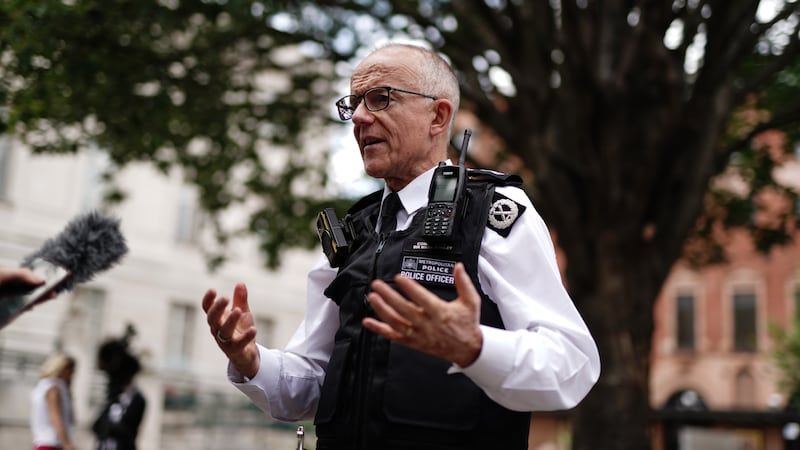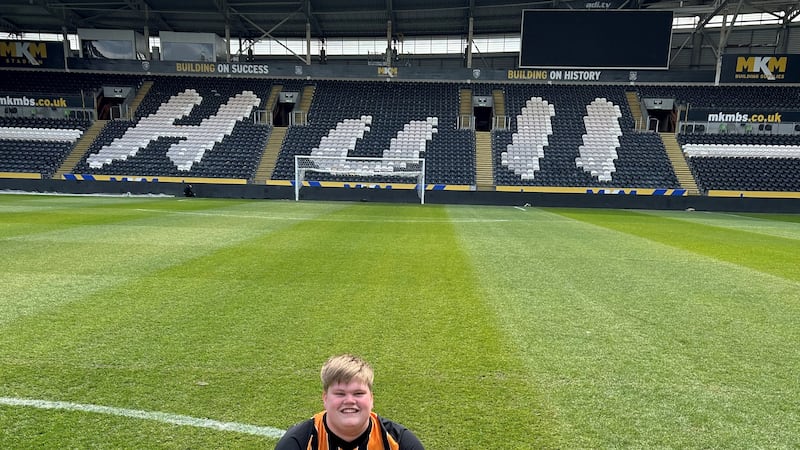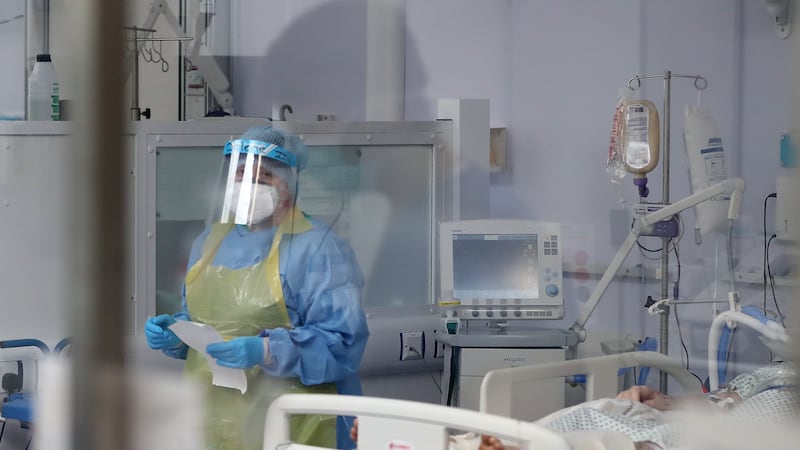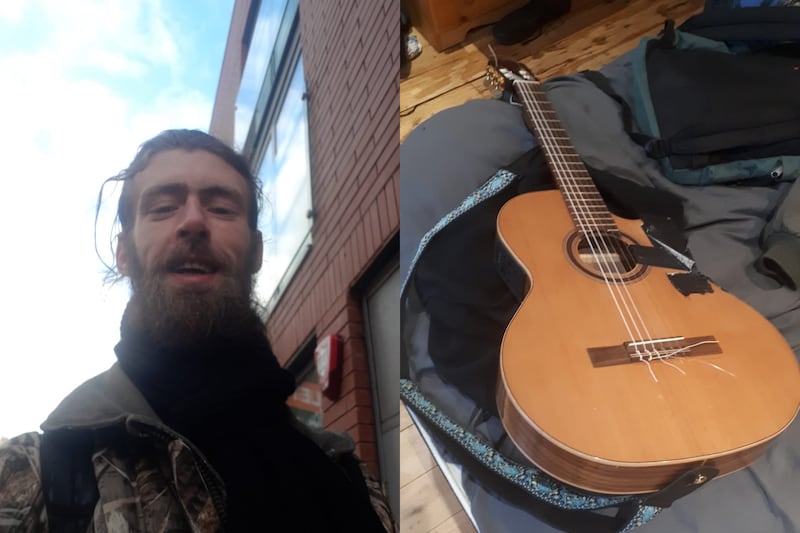The Metropolitan Police has agreed a start date with the NHS to stop attending most of the mental health calls it receives.
From October 31, a “clear threshold” for a police response will be introduced to reduce the amount of time officers spend “over-policing” mental health.
Under the new programme – known as Right Care, Right Person – police will still attend any incident where there is a risk to life or a risk of serious harm.
A letter outlining the programme to staff, seen by the PA news agency, details the threshold that will be needed to warrant a police response.
The letter is signed by Met commissioner Sir Mark Rowley, regional medical director of NHS England Chris Streather, and other London healthcare bosses.
The letter said: “The threshold for a police response to a mental health-related incident will be to investigate a crime that has occurred or is occurring; or to protect people, when there is a real and immediate risk to the life of a person, or of a person being subject to or at risk of serious harm.
“The need for this threshold to change is seen through our data.
“For example, we know that 78% of people detained under section 136 will go on to be discharged home following assessment, suggesting mental health is being over-policed in London.
“In practice, this means that police call handlers will receive a new prompt relating to welfare checks or when a patient goes absent from health partner inpatient care.
“The prompt will ask call handlers to check that a police response is required.
“The first key milestone for the implementation programme is October 31 where the clear threshold for a police response will be introduced into Met call centres.”
A spokesperson for the Met said: “Our priority is to implement Right Care, Right Person safely and effectively.
“We have a duty to protect our communities and we will continue to do so.
“The focus of Right Care Right Person is to make sure that each call receives a response from the most appropriate agency, and that isn’t always the police.
“Currently police officers spend a significant amount of time dealing with health incidents which has an impact on the availability of our resources.”
A spokesperson for NHS England in London said: “We continue to work closely with colleagues to develop a clear implementation plan for Right Care, Right Person which will be rolled out over the coming months and years.
“Our priority across all partner agencies is to ensure that the mental health needs of all our communities are delivered in a measured, comprehensive and cohesive way to ensure the best experience and outcomes for people using mental health services in London.”
Plans to cut police mental health callouts have previously been described as “dangerous”.
Last month, the president-elect of the British Psychological Society, Dr Roman Raczka, said: “To withdraw police support within the next two years, at a time when mental health services are already stretched beyond capacity and under resourced after years of chronic underfunding, is simply dangerous.”








